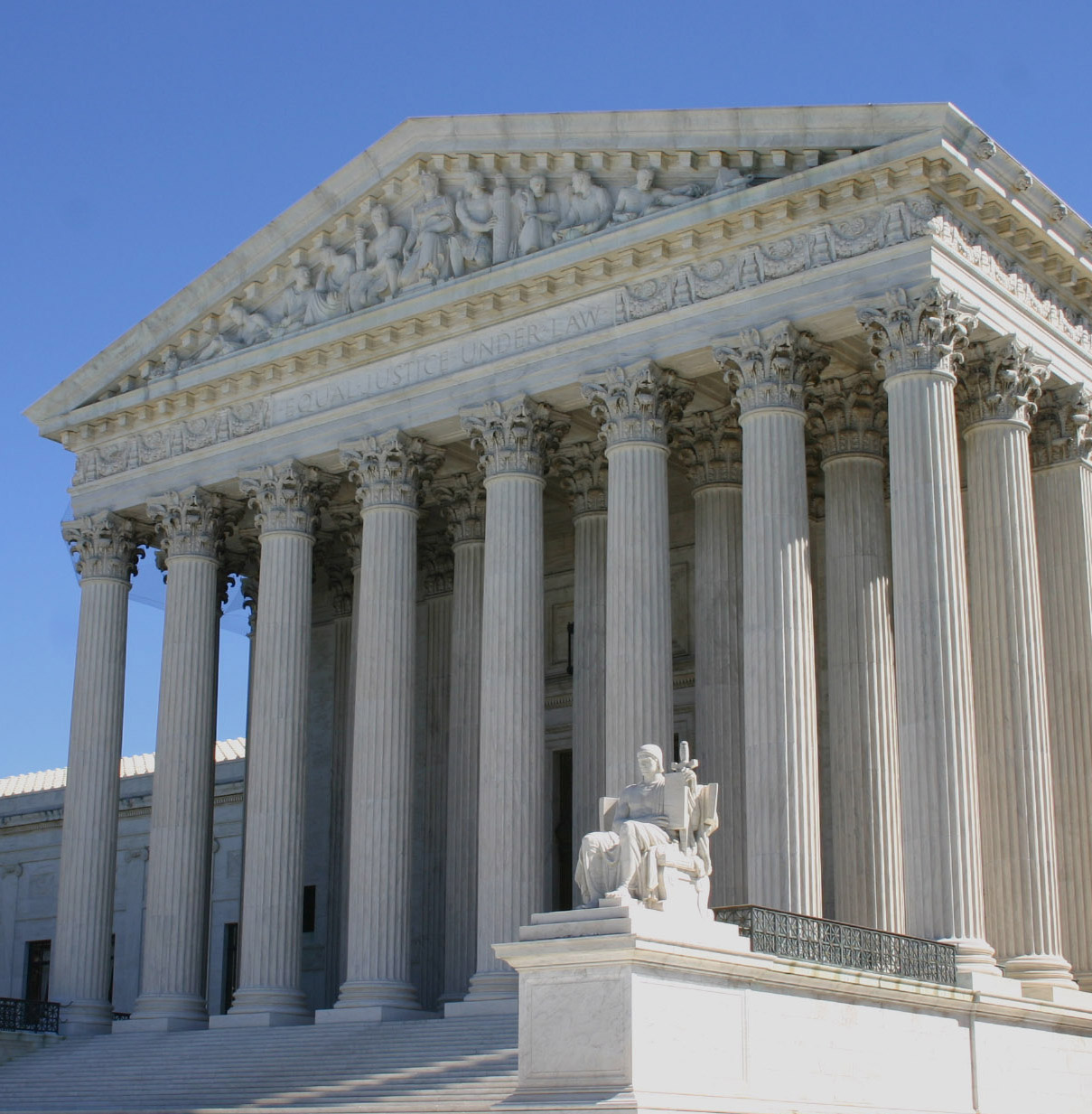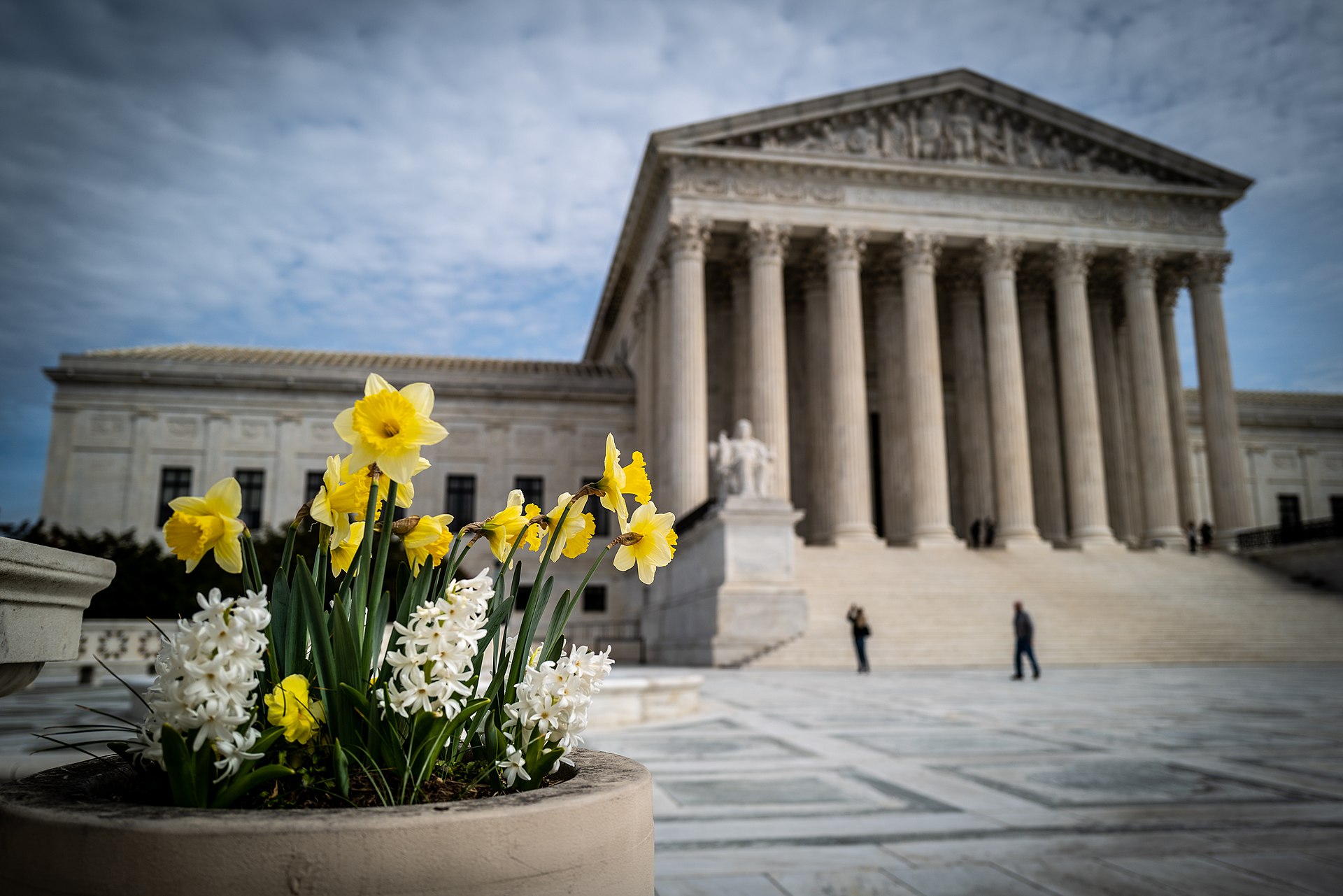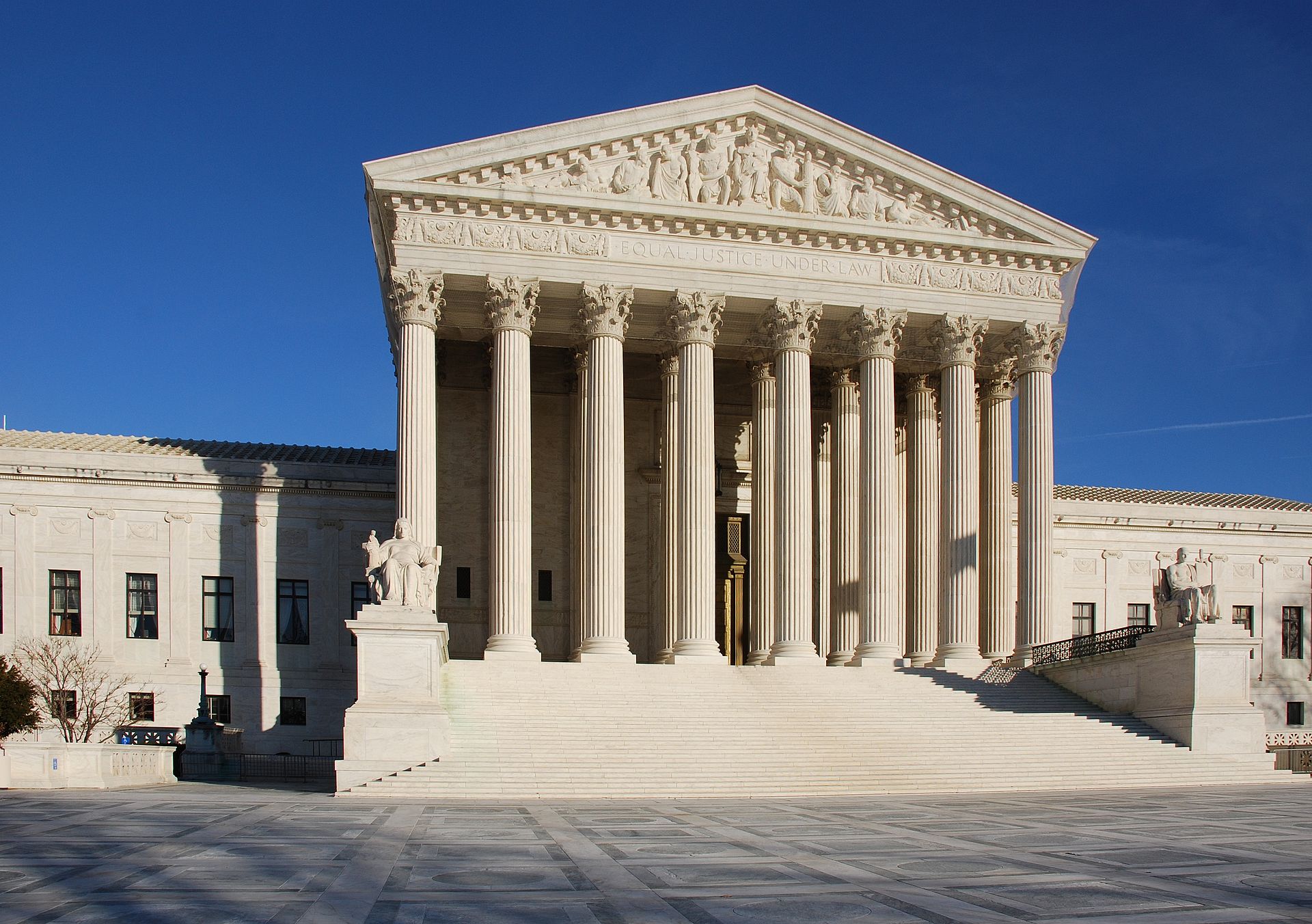Tag: SCOTUS
-
U.S. Supreme Court: Constitution requires more supervision over administrative patent judges from Patent and Trademark Office director

In United States v. Arthrex, the U.S. Supreme Court held that the Appointments Clause does not allow administrative patent judges (APJs) to resolve patent disputes without more supervision from higher-level agency officials. In its June 21 decision, the court decided to sever the parts of the patent statute that prevented the director of the Patent…
-
U.S. Supreme Court issues three rulings on June 17

The Supreme Court of the United States (SCOTUS) issued rulings in three cases on June 17. Two of the cases, Fulton v. City of Philadelphia, Pennsylvania, and California v. Texas, were argued during the court’s November 2020 sitting. The third case, Nestlé USA v. Doe I, was argued during the court’s December 2020 sitting. Fulton…
-
U.S. Supreme Court decides three cases in two rulings on June 14

The Supreme Court of the United States (SCOTUS) issued rulings in three cases on June 14. Two of the cases, Greer v. United States and United States v. Gary, were decided in one consolidated opinion, though they were argued separately. The cases were argued during the court’s April sitting. The third case, Terry v. United…
-
U.S. Supreme Court issues opinion in case regarding grants of Temporary Protected Status to non-citizens

The U.S. Supreme Court issued orders on June 7 emanating from their June 3 conference and issued an opinion in one case. The court accepted one new case to be argued during the upcoming 2021-2022 term, Federal Bureau of Investigation v. Fazaga. The case concerns the state-secrets privilege and originated from the U.S. Court of…
-
Supreme Court accepts case regarding copyright infringement for next term

The Supreme Court of the United States (SCOTUS) released orders on June 1 emanating from its May 27 conference, granting one new case for argument during the upcoming 2021-2022 term. Unicolors, Inc. v. H&M Hennes & Mauritz, LP originated from the U.S. Court of Appeals for the 9th Circuit and concerns copyright infringement claims involving…
-
Supreme Court issues rulings in two cases

The U.S. Supreme Court issued rulings in two cases on June 1, Garland v. Dai (consolidated with Garland v. Alcaraz-Enriquez) and United States v. Cooley. As of this writing, the court had issued opinions in 41 cases this term. Seven cases were decided without argument. Garland v. Dai was argued before the court on February…
-
Supreme Court issues opinion in case concerning civil procedure

The Supreme Court of the United States (SCOTUS) issued an opinion in one case, City of San Antonio, Texas v. Hotels.com, L.P. on May 27. The case involved Rule 39 of the Federal Rules for Appellate Procedure. The case was argued before SCOTUS during the April argument sitting last month. A class of 173 Texas…
-
SCOTUS issues rulings in two cases argued during April sitting

The U.S. Supreme Court issued rulings in two cases on May 24, United States v. Palomar-Santiago and Guam v. United States. As of this writing, the court had issued opinions in 38 cases this term. Seven cases were decided without argument. United States v. Palomar-Santiago was argued before the court on April 27 and originated…
-
SCOTUS issues four opinions in cases argued this term

The Supreme Court of the United States (SCOTUS) issued opinions in four cases on May 17 that were argued during the 2020-2021 term. Edwards v. Vannoy • The case: A non-unanimous jury found Thedrick Edwards guilty of nine counts of armed robbery, one count of attempted armed robbery, two counts of aggravated kidnapping, and one…
-
Unanimous U.S. Supreme Court rules in favor of pre-enforcement challenge against IRS regulation

The U.S. Supreme Court ruled unanimously in CIC Services v. Internal Revenue Service that CIC Services, a risk management consulting firm, may challenge an IRS records reporting regulation without first violating the new regulation and paying a tax penalty. At issue was whether the Anti-Injunction Act (AIA), a federal law that bars lawsuits to prevent…

